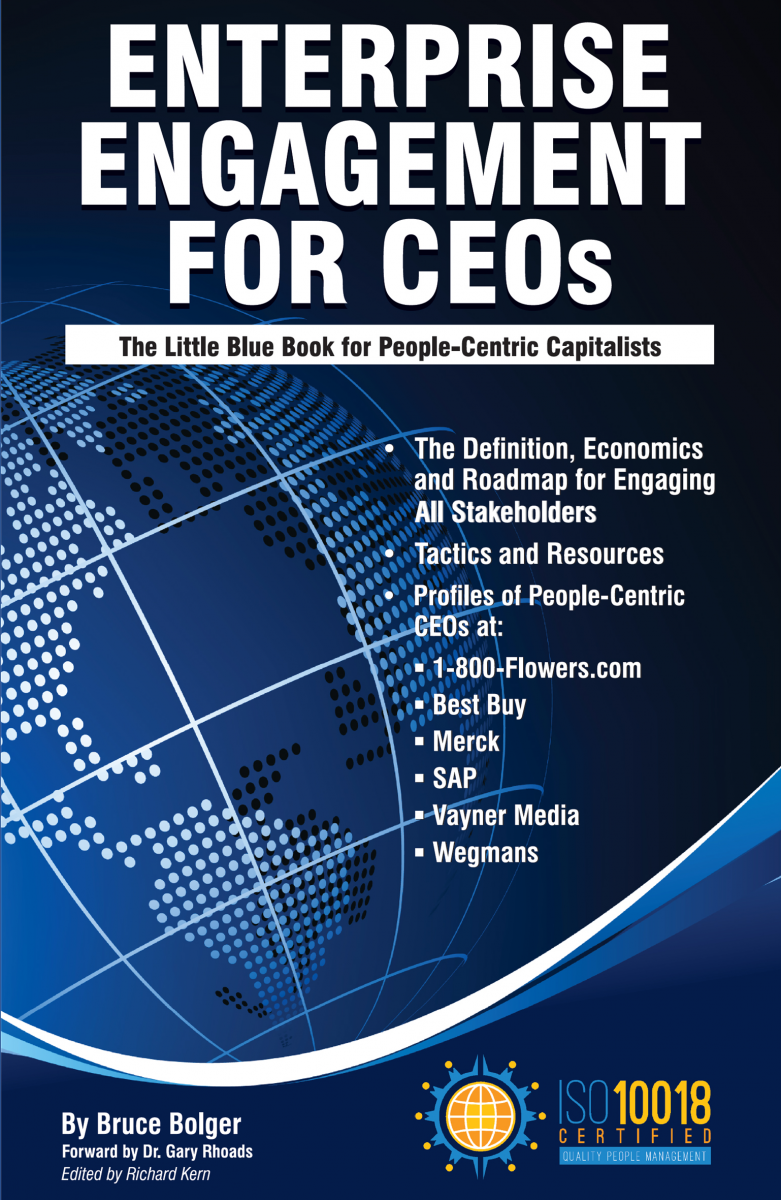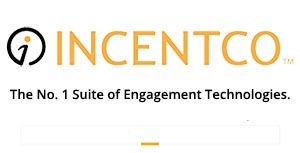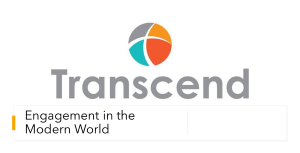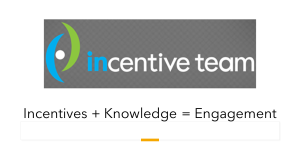A bill introduced into the California Assembly in March 2021 would require companies with over 1,000 employees to disclose specific information on employment, pay, safety, diversity, and more, in return for qualifying for unspecified incentives from the state in the form of preferential treatment in government contracts and potentially reduced taxes or fees. Click here to read the full bill.

In a move that portends potential similar action from other states and the Federal Government, an assembly representative in California has introduced
a bill that would establish “a data-driven program (that) promises to incentivize exemplary behavior by businesses and help develop a new social compact for California workers, based on an inclusive vision in which everyone shares in economic growth.”
According to the announcement in the California legislature’s report, “The creation of this program is firmly in step with the stated interests of major business organizations, including the California Business Roundtable, whose CEO members in August 2019 pledged to deliver value to all stakeholders, including by ‘investing in our employees.’ Corporate leaders from the US Chamber of Commerce and World Economic Forum have similarly vowed to create ‘higher-paying jobs’ and workplaces that offer ‘all those with a stake in the firm’s value creation the opportunity to thrive and grow.’”
Highlight Companies That Take Care of Workers
The bill cites “Independent studies from the Good Jobs Institute, Glassdoor, JUST Capital, and others have concluded that companies can improve their financial performance when they invest in their workers. It is the intent of the Legislature, in enacting this act, to highlight and reward those companies that are taking good care of their workers. The fairest, most consistent, and most transparent way to achieve these aims is to use empirical data to evaluate how companies, within the context of their industry, treat their workers. The state will collect data only from large employers, for whom it should not be an undue burden to provide fundamental worker-related metrics on pay, hours and scheduling, prospects for internal advancement, benefits, the use of contractors, workplace safety, turnover, and equity.”
In addition, it reads, “Workers also have a clear interest in having access to this data and seeing how companies treat their employees according to a set of objective measures. Consumers, investors, public officials, and members of communities in which businesses operate also have an interest in having this data, as they make judgments about where to shop and where to deploy their capital. This act will help to address a central finding of the California Future of Work Commission: that the state must address the challenges of inequity, a lack of economic mobility, and low-quality work. The act accomplishes this in a simple manner: through the public dissemination of workforce information from California’s largest employers. Currently, essential worker-related information is not accessible, much less comparable across companies and industry sectors.”
Bill Includes About 2 Dozen Disclosures
As a result, the bill proposes that “the goals of rewarding exemplary employers, of encouraging improvement by those that are lagging behind, and of serving a broader public interest by mandating the disclosure of essential worker-related data can best be met by the following:
1. Having the state collect relevant worker-related data from large employers.
2. Making public the data of each individual company.
3. Putting the data in context by also calculating and making public industry averages or other benchmarks.
4. Using data that is collected to establish and administer a program, under which qualifying companies will be entitled to certain benefits from the state.
The bill proposes that, on or before March 31, 2023, and annually on or before March 31 each year thereafter, an employer with 1,000 or more employees shall submit to the agency the following worker-related statistics covering the size of the employer’s workforce for the prior calendar year, including:
1. Full-time workers in the US.
2. Part-time workers in the US.
3. Hourly workers in the US.
4. Salaried workers in the US.
5. Number of workers in California.
In addition, for each prior year, organizations shall report:
1. Median pay for all workers in the US.
2. Percentage of full-time workers earning above the US living wage.
3. Hours, which shall include: Median weekly hours for full-time workers; median weekly hours for part-time workers.
4. Scheduling, which shall include: Median number of days of advance notice with which work schedules are first published for both full- and part-time workers; median volatility in weekly hours for workers for both full- and part-time workers.
5. Percentage of salaried managerial positions filled by internal promotion.
6. Benefits, which shall include: Percentage of workers below the median for pay who participate in company-provided health coverage; company contributions made to all employee retirement plans as a percentage of total payroll.
7. Percentage of workers below the median for pay who are offered a minimum of 12 weeks of short-term disability insurance or paid medical leave.
8. Percentage of workers below the median for pay who are offered a minimum of 12 weeks of paid parental leave.
9. Percentage of workers below the median for pay who are offered a minimum of 12 weeks of paid caregiving leave.
10. Ratio of nonsupervisory employees to engaged independent contractors and temporary workers.
11. Safety, which shall include: total recordable case rate of injuries and illnesses across all US facilities; total number of fatalities at all US facilities.
12. Annual turnover rate among all workers who joined the company within the past year.
13. Equity, which shall include: Ratio of median pay for white non-Hispanic males to white non-Hispanic females, Hispanic males and females, Black males and females, Asian and Pacific Islander males and females, and Native American and Alaska Native males and females.
14. Percentage of salaried managerial positions held by white non-Hispanic males, white non-Hispanic females, Hispanic males and females, Black males and females, Asian and Pacific Islander males and females, and Native American and Alaska Native males and females.
15. The agency shall publish guidelines to assist employers in providing the worker-related statistics, definitions of terms and formulas for calculating the information that is required.
16. The agency shall produce a report form that includes a section for employers to provide clarifying remarks regarding any of the information provided. An employer shall not be required to provide clarifying remarks.
The report will include a statement by the chief executive of the employer provided under penalty of perjury that attests that all the worker-related statistics being reported are true, correct, and complete to the best of the executive’s knowledge and belief.
The bill references potential benefits to employers for disclosure of this information, but it is not clear specifically what they would be rather than the positive publicity for organizations whose reports paint a positive picture.
Master the Principles of Stakeholder Capitalism And Implementation Through Enterprise Engagement
Education, Certifications, and Information to Activate
Stakeholder Capitalism Available Nowhere Else
A complete learning, certification, and information program and a course syllabus for educators.
Training and Certification
Enterprise Engagement Alliance Education: Certified Engagement Practitioner; Advanced Engaged Practitioner, and Certified Engagement Solution Provider learning and certification programs on how to implement Stakeholder Capitalism principles at the tactical level.

Join the EEA to begin your certification process or see our other resources below.
THE ONLY BOOKS ON STAKEHOLDER CAPITALISM IMPLEMENTATION

Enterprise Engagement: The Roadmap 5th Edition
The first and most comprehensive book on Enterprise Engagement and the new ISO 9001 and ISO 10018 quality people management standards. Includes 36 chapters detailing how to better integrate and align engagement efforts across the enterprise. (312 pages, $36.)
OTHER RESOURCES TO ACTUALIZE STAKEHOLDER CAPITALISM
Communities: The Enterprise Engagement Alliance and Advocate and the Brand Media Coalition free resource centers offering access to the latest research, news, and case studies; discounts, promotions, referrals, and commissions, when appropriate to third-party solution providers from participating coalition solution provider members.
Enterprise Engagement Resources: EEXAdvisors.com provides the only curated online marketplace to access hundreds of solution providers in all areas of human capital management and enterprise engagement throughout the world.
Online Overview:
10-minute short course: click here for a 10-minute introduction to Enterprise Engagement and ISO standards from the Coggno.com learning platform.
Services:
• The Engagement Agency at EngagementAgency.net, offering: complete support services for employers, solution providers, and technology firms seeking to profit from formal engagement practices for themselves or their clients, including Brand and Capability audits for solution providers to make sure their products and services are up to date.
• C-Suite Advisory Service—Education of boards, investors, and C-suite executives on the economics, framework, and implementation processes of Enterprise Engagement.
• Speakers Bureau—Select the right speaker on any aspect of engagement for your next event.
• Mergers and Acquisitions. The Engagement Agency’s Mergers and Acquisition group is aware of multiple companies seeking to purchase firms in the engagement field. Contact Michael Mazer in confidence if your company is potentially for sale at 303-320-3777.
Enterprise Engagement Benchmark Tools: The Enterprise Engagement Alliance offers three tools to help organizations profit from Engagement. Click here to access the tools.
• ROI of Engagement Calculator. Use this tool to determine the potential return-on-investment of an engagement strategy.
• EE Benchmark Indicator. Confidentially benchmark your organization’s Enterprise Engagement practices against organizations and best practices.
• Compare Your Company’s Level of Engagement. Quickly compare your organization’s level of engagement to those of others based on the same criteria as the EEA’s Engaged Company Stock Index.
• Gauge Your Personal Level of Engagement. This survey, donated by Horsepower, enables individuals to gauge their own personal levels of engagement.
For more information, contact Bruce Bolger at Bolger@TheEEA.org, 914-591-7600, ext. 230.
 In a move that portends potential similar action from other states and the Federal Government, an assembly representative in California has introduced a bill that would establish “a data-driven program (that) promises to incentivize exemplary behavior by businesses and help develop a new social compact for California workers, based on an inclusive vision in which everyone shares in economic growth.”
In a move that portends potential similar action from other states and the Federal Government, an assembly representative in California has introduced a bill that would establish “a data-driven program (that) promises to incentivize exemplary behavior by businesses and help develop a new social compact for California workers, based on an inclusive vision in which everyone shares in economic growth.”



















